Polygon annotation is a technique used in data annotation for labeling and identifying particular regions of an image or video. It requires drawing some line segments around the object or area to create an enclosure known as a polygon. The shape is then appropriately labeled.
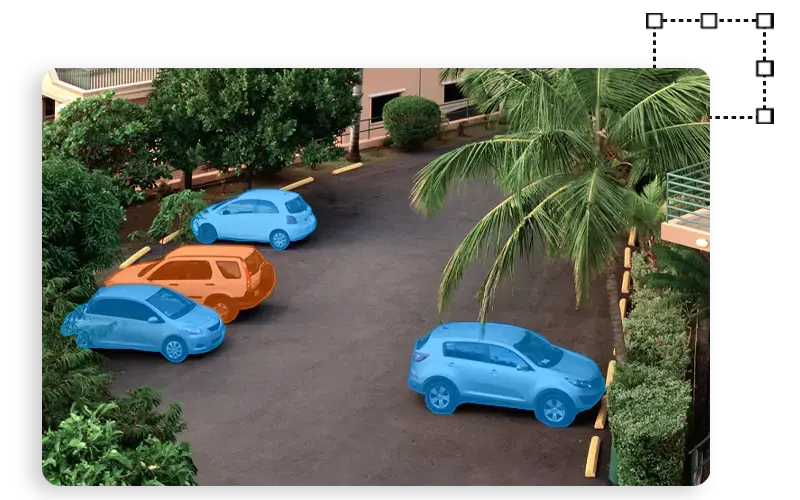
Years of Experience
Annotators Working 24x7
Data Security
Accuracy Achieved
Availability
Applications of Polygon Annotation
This is an ideal technique for handling complex shapes and is used in object detection, instance segmentation, and other applications having complicated shapes like medical imaging or autonomous vehicles.
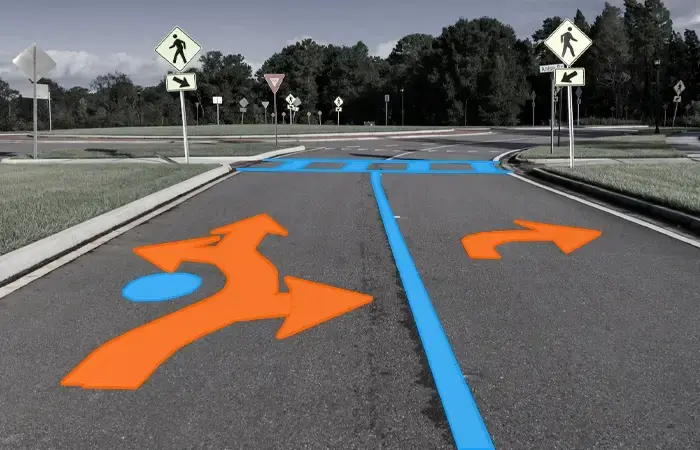
Detecting Irregular Shapes for Computer Vision
This involves detecting irregular shaped objects in images and videos as training data for AI models. It is ideal in object detection including road sign boards, logos, and diverse postures of humans in sports analytics or other objects of interest with best accuracy.
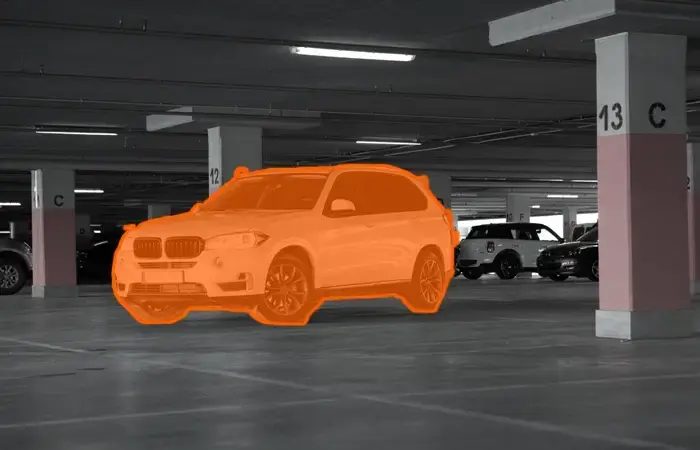
Polygon Annotation for Asymmetrical Semantic Segmentation
This helps in improving the accuracy level of models and is applicable in autonomous vehicles and robotics. It permits computer vision to comprehend real-world situations and is a more precise labeling technique for avoiding white spaces and extra noise.
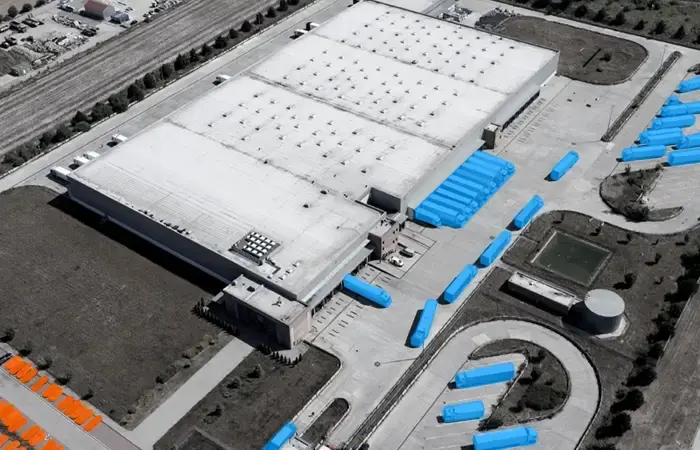
Localizing Objects for Drone and Satellite Imagery
Use the polygon annotation tool to get a better approximate idea about the contour of objects via distant cameras using drones or satellite. This assists in precise localization of objects like rooftops, pools, and trees..
Tools for Polygon Annotation
Polygon Annotation can be done both manually and automatically. Manual method involves a human annotator drawing the polygon by hand whereas the automated method involves using algorithms for automatically generating polygons as per certain criteria.
Using brush alike tools
The annotator uses a brush-like tool here for creating a polygon by clicking around the perimeter of the object. It is quite a quick and easy method, but prone to errors in the event the annotator is negligent.
Using point-based tools
The annotator places individual points around the perimeter of the object and the algorithm connects the points to create the polygon. This is a more accurate method than brush-like, however it’s time-consuming in cases where the object has a complicated shape.
Algorithmic tools
This involves the automatic detection of edges of the object and creating a polygon around it. The algorithms can be trained on a dataset of annotated images for improving their precision and accuracy.
Use Cases of Polygon Annotation

Retail
Used for training algorithms to identify and classify products in online catalogs and storefront images. This enables retailers to instantly organize their products and make them searchable for improving the customer experience and boosting sales.

Medical & Drug Development
Used for training algorithms for detecting and diagnosing diseases in medical images. For instance, it can be used by a doctor for outlining a tumor in a CT scan. This will thereby assist in training an algorithm to detect tumors in future scans.
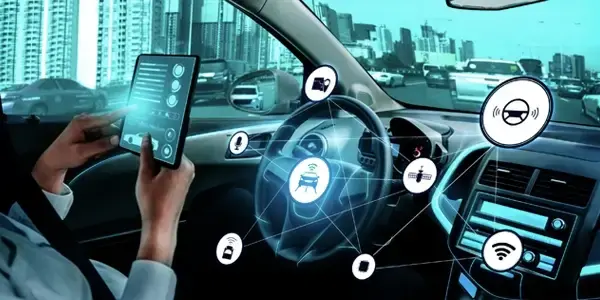
Automotive
Used for training algorithms for detecting and classifying objects in images and videos from self-driving cars. It permits the algorithms to comprehend its surroundings and take decisions regarding safe navigation.
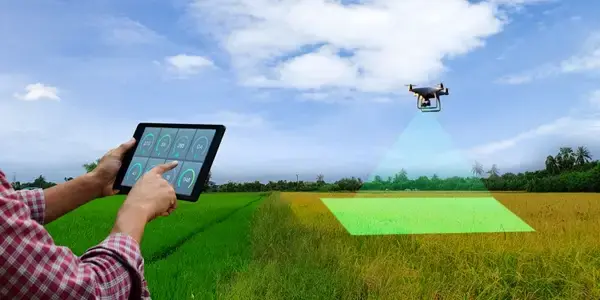
Drones and Satellites
Used for training algorithms for identifying and classifying various types of land use like forests, agriculture, and urban areas. The information thus obtained can be utilized for a range of purposes which include monitoring of environmental changes and planning land use.

Security & Surveillance
Used for training algorithms in detecting and classifying objects in surveillance footage. It is used to instantly alert security personnel of possible threats like intruders or suspicious items.
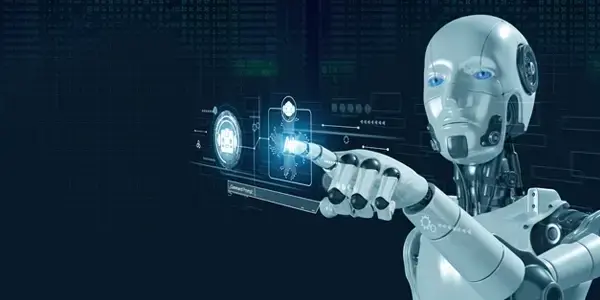
Robotics
Used for training algorithms for robots to comprehend and interact with its environment. For instance, robots can use this to spot and pick up particular objects including bottles or boxes.
Frequently Asked Questions
Polygon annotation requires a specialized software or tools which permit one to draw the polygons and label them as per appropriate class. Both free and paid options are available in the market. Common examples are Labelbox, VGG Image Annotator, Labellmg, etc. After the polygons are annotated and labeled, this structured dataset can be used for training machine learning models for tasks including object detection or semantic segmentation.
In certain scenarios, drawing a polygon may be quite time-consuming in comparison to bounding boxes. It is also not the most suited method for particular kinds of objects or features. For instance, it might not be an effective approach for annotating objects having lots of small or closely spaced details or objects with smooth or curved surfaces.
Why should you outsource to Anolytics?
You can trust us in offering quality text annotation work because we offer:

Quality With Accuracy
Get the best-in-class quality services with highest accuracy level delivering an excellence in image annotation through multiple stages of auditing and reviewing of labeled data.
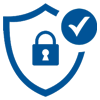
Security With Privacy
We are certified with SOC 2 TYPE 1 Company for maintaining the high standards of data security with privacy while working with our clients to ensure their confidentiality.

Fully Scalable Service
Working with hundreds of workforce to annotate pictures as per the demand providing a completely scalable solution with turnaround time to meet the different client’ needs.

Cost-effective Pricing
Image annotation outsourcing to us means our clients get a cost-effective data labeling service helping them to minimize the cost of their project with best efficiency.
Get in Touch with us
 USA Office
USA Office
16 Horseshoe Ln, Levittown, NY 11756, United States
 India Office
India Office
A-83, Sector-2, Noida, Uttar Pradesh 201301
 Call us on.
Call us on.
+1 516-342-5749
 Schedule a Call
Schedule a Call
with our Enterprise Specialist